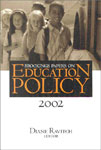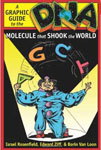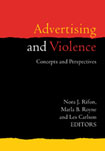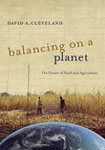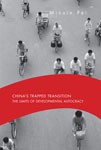Book Details
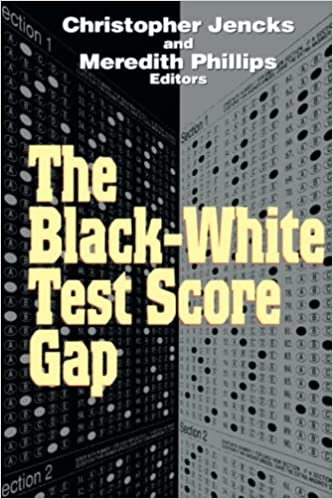
The Black-White Test Score Gap
Although significant attempts have been made over the past three decades to shrink the test score gap, including increased funding for predominantly black schools, desegregation of southern schools, and programs to alleviate poverty, the median black American still scores below 75 percent of American whites on most standardized tests. The book brings together recent evidence on some of the most controversial and puzzling aspects of the test score debate, including the role of test bias, heredity, and family background. It also looks at how and why the gap has changed over the past generation, reviews the educational, psychological, and cultural explanations for the gap, and analyzes its educational and economic consequences.
The authors demonstrate that traditional explanations account for only a small part of the black-white test score gap. They argue that this is partly because traditional explanations have put too much emphasis on racial disparities in economic resources, both in homes and in schools, and on demographic factors like family structure. They say that successful theories will put more emphasis on psychological and cultural factors, such as the way black and white parents teach their children to deal with things they do not know or understand, and the way black and white children respond to the same classroom experiences. Finally, they call for large-scale experiments to determine the effects of schools’ racial mix, class size, ability grouping, and other policies.
In addition to the editors, the contributors include Claude Steele, Ronald Ferguson, William G. Bowen, Philip Cook, and William Julius Wilson.
CHRISTOPHER JENCKS AND MEREDITCH PHILLIPS
PART I
Test Bias, Heredity, and Home Environment
2. Racial Bias in Testing
CHRISTOPHER JENCKS
3. Race, Genetics, and IQ
RICHARD E.NISBETT
4. Family Background, Parenting Practices, and the Black-White Test Score Gap
MEREDITCH PHILLIPS, JEANNE BROOKS-GUNN, GREG J.DUNCAN, PAMELA KLEBANOV
PART II
How and Why the Gap Has Changed
5. Black-White Test Score Convergence since 1965
LARRY V.HEDGES AND AMY NOWELL
6. Why Did the Black-White Score Gap Narrow in the 1970s and 1980s?
DAVID FRISSMER, ANN FLANAGAN, AND STEPHANE WILLIAMSON
PART III
The Impact of Schools and Culture
7. Does the Black-White Test Score Gap Widen after Children Enter School?
MEREDITCH PHILLIPS, JAMES CROUSE, AND JOHN RALPH
8. Teachers' Perceptions and Expectations and the Black-White Test Score Gap
RONALD F.FERGUSON
9. Can Schools Narrow the Black-White Test Score Gap?
RONALD F.FERGUSON
10. The Burden of "Acting White": Do Black Adolescents Disparage Academic Achievement?
PHILIP J. COOK AND JENS LUDWIG
11. Stereotype Threat and the Test Performance of Academically Successful African Americans
CLAUDE M. STEELE AND JOSHUA ARONSON
PART IV
Do Test Scores Matter?
12. Racial and Ethnic Preferences in College Admissions
THOMAS J.KANE
13. Scholastic Aptitude Test Scores, Race, and Academic Performance in Selective Colleges and Universities
FREDRICK E.VARS AND WILLIAM G.BOWEN
14. Basic Skills and the Black-White Earnings Gap
WILLIAM R. JOHNSON AND DEREK NEAL
PART V
Commentary
15. The Role of the Environment in the Black-White Test Score Gap
WILLIAM JULIUS WILSON
Contributors
Index

DYNAMICS AND EVOLUTION OF GALACTIC NUCLEI (Princeton Series in Astrophysics)

AFRICAN AMERICAN VIEWS OF THE JAPANESE : SOLIDARITY OR SEDITION?
Popular Picks on the Month







